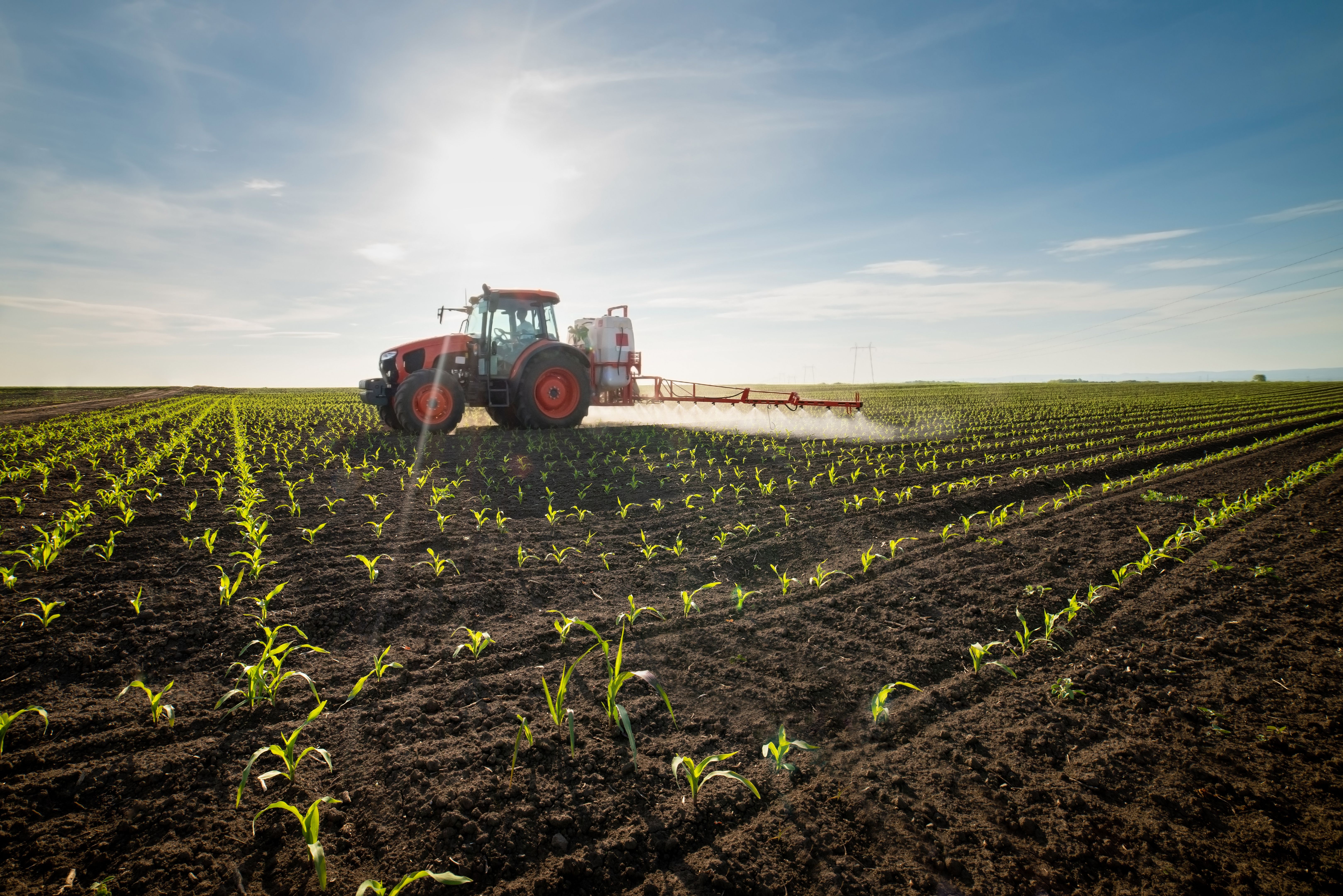Sustainable Farming: Organic Agriculture Practices in California
The Rise of Organic Agriculture in California
California, the Golden State, is at the forefront of sustainable farming, leading the nation with its commitment to organic agriculture practices. The state's unique climate and vast agricultural landscape make it an ideal place for organic farming, which prioritizes environmental health, animal welfare, and consumer safety. As demand for organic produce continues to rise, California's farmers are embracing practices that support sustainability and biodiversity.

Principles of Organic Farming
Organic farming in California is grounded in a set of core principles that aim to create a balanced ecosystem. These principles include maintaining soil fertility through natural methods, promoting biodiversity, and avoiding synthetic fertilizers and pesticides. Farmers utilize crop rotation, cover cropping, and composting to enrich the soil naturally. This approach not only enhances the nutrient content of the produce but also preserves the health of the land for future generations.
One of the cornerstones of organic farming is the use of natural pest control methods. Instead of relying on chemical pesticides, farmers encourage beneficial insects that prey on harmful pests. This practice not only reduces the reliance on chemicals but also supports a diverse range of wildlife on the farmland.

Water Conservation and Management
Water management is a critical component of sustainable farming in California, especially given the state's frequent droughts. Organic farmers employ various water conservation techniques such as drip irrigation, rainwater harvesting, and soil moisture monitoring to optimize water use. These methods help reduce water waste and ensure that crops receive adequate hydration without depleting local water resources.
Furthermore, healthy organic soil has a higher capacity to retain water compared to conventionally farmed soil. This increased retention capability not only aids in water conservation but also helps plants withstand periods of drought more effectively.

Economic and Social Impacts
Organic agriculture positively impacts local communities economically and socially. By supporting organic farms, consumers contribute to local economies and promote sustainable business practices. Many organic farms in California are family-owned, providing jobs and fostering community development.
In addition to economic benefits, organic farming practices promote social equity by ensuring fair labor conditions. The emphasis on transparency and traceability provides consumers with confidence that they are supporting ethical farming practices.

The Future of Organic Farming in California
The future of organic farming in California looks promising as more consumers become aware of the environmental and health benefits associated with organic produce. State policies continue to support organic agriculture through grants and incentives, encouraging more farmers to transition to sustainable practices.
As technology advances, organic farmers are adopting innovative solutions such as precision agriculture tools that enhance sustainability efforts. These technologies improve efficiency and productivity while minimizing environmental impact, ensuring that California remains a leader in sustainable agriculture.